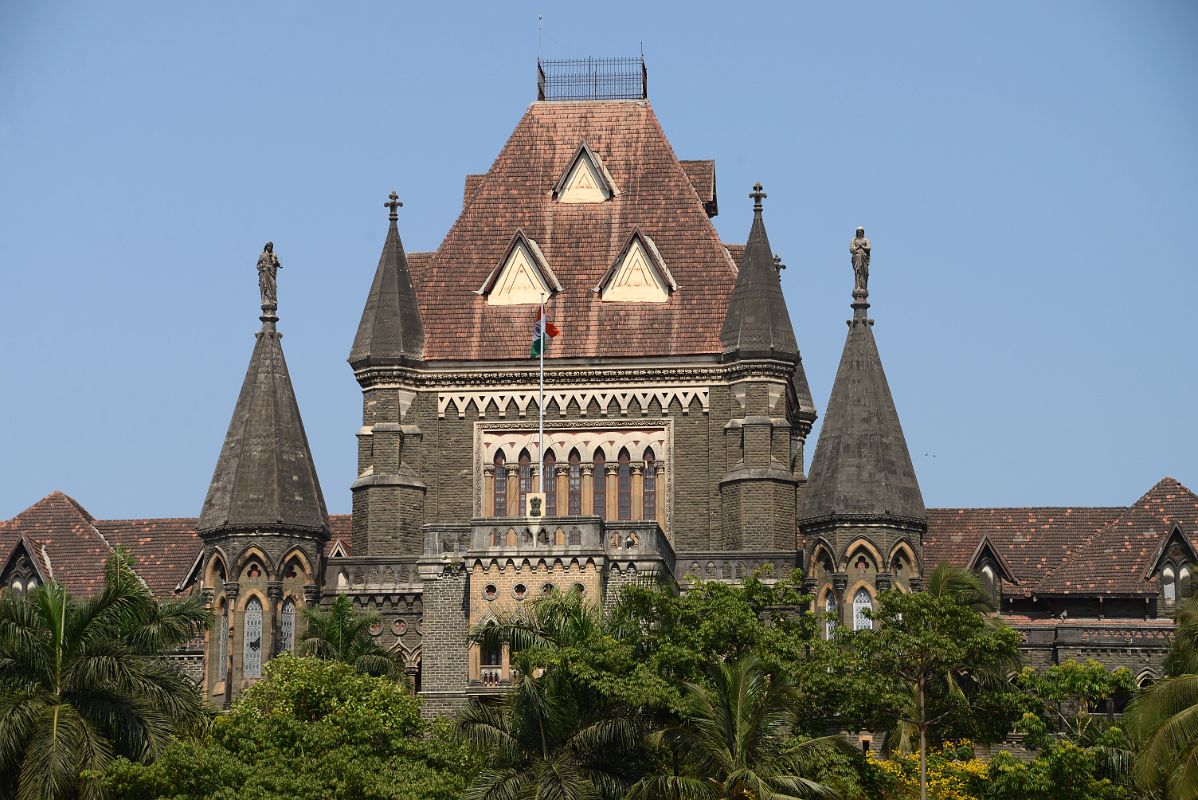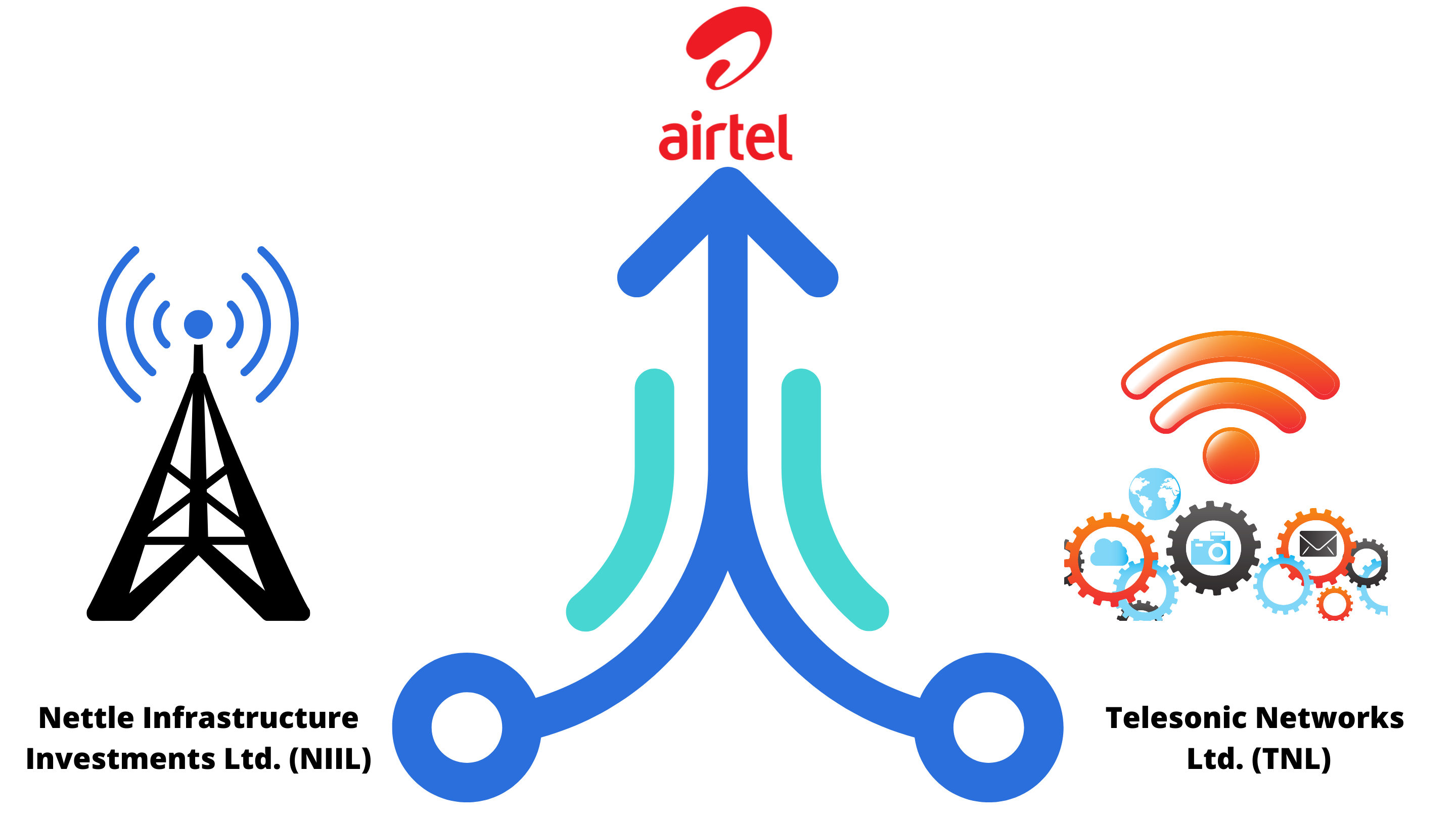Solstad Offshore ASA, a supply vessel company controlled by Kjell Inge Roekke, will merge with rival Rem Offshore ASA in the latest deal orchestrated by the Norwegian billionaire to take advantage of the collapse in crude prices.
Aker ASA, Roekke’s holding company, last week blocked a Rem restructuring plan through a stake in the company’s bonds. Aker, which in June decided to invest 500 million kroner ($59 million) in Solstad’s refinancing, said on July 19 that Rem needs to participate in industry consolidation and that it would seek a solution for it together with Solstad.
“This is an industry confronting a very challenging market and which overall has too much debt,” Oeyvind Eriksen, Aker’s chief executive officer, said in an interview in Oslo on Thursday. “That creates a need to build bigger and stronger units.”
Rem will merge with a unit of Solstad in the so-called statutory triangular merger with Rem shareholders receiving 0.0696 Solstad shares for each Rem share. Solstad will create a new Class B share with the same economic rights as ordinary shares, which it intends “to be an instrument for further consolidation in the industry.”
The merger is the latest in a series of deals for Aker as it attempts to seize opportunities arising from the collapse of crude over the past two years, which has put pressure on both producers and companies offering services and equipment to the industry. Aker’s 50 percent owned oil company Det Norske Oljeselskap ASA last month announced a merger with BP Plc’s Norwegian unit, forming the Nordic country’s leading independent exploration and production company. Right before, Aker had sold stakes in two fishing companies.
Solstad shares rose as much as 18 percent, the most since June 7, and were up 14 percent at 17.4 kroner a share as of 12:54 p.m in Oslo. Aker rose 0.4 percent to 254 kroner, while Rem traded 16 percent lower at 4.2 kroner apiece.
More Deals
Aker’s CEO repeated that Aker BP, the company resulting from the combination of Det Norske Oljeselskap and BP’s Norwegian unit, is looking for more acquisitions.
“We see this as the time of opportunities on the Norwegian shelf because Aker and BP share the view that there will be good demand for oil and gas for many decades to come,” Eriksen said. “Aker and BP share the view that the current situation, with a very low and falling investment level, isn’t sustainable over time, and that the oil price will gradually improve.”
Aker could even make a comeback in the rig industry if the opportunity is right, even though it has no current plans to do so, Eriksen said.
“I wouldn’t exclude it,” he said. “As an investment company, it’s Aker’s responsibility to consider the investment possibilities available at any given time.”
Although some of its portfolio companies deliver offshore drilling equipment, Aker sold its position in the rig industry through the sale of Aker Drilling ASA to Transocean Ltd. in 2011. Rig owners have been some of the most affected as oil companies slash spending to cope with the fall in crude prices.
“We have great respect for the challenges facing the rig segment,” Eriksen said. “There’s a need for possibly even more comprehensive restructurings here than what we see and are working within supply.”
Recent Articles on M&A



